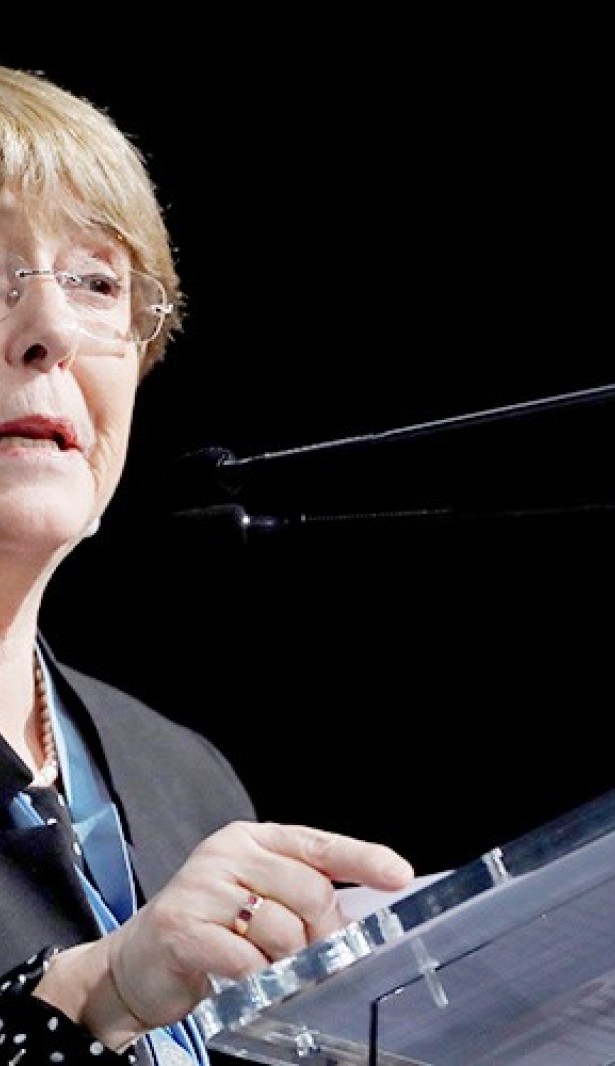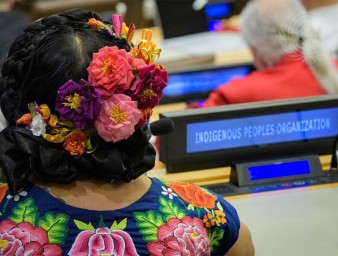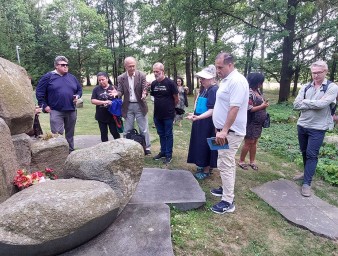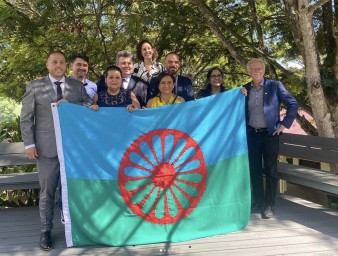HC tells business leaders: build back better by focusing on the vulnerable
18 June 2020
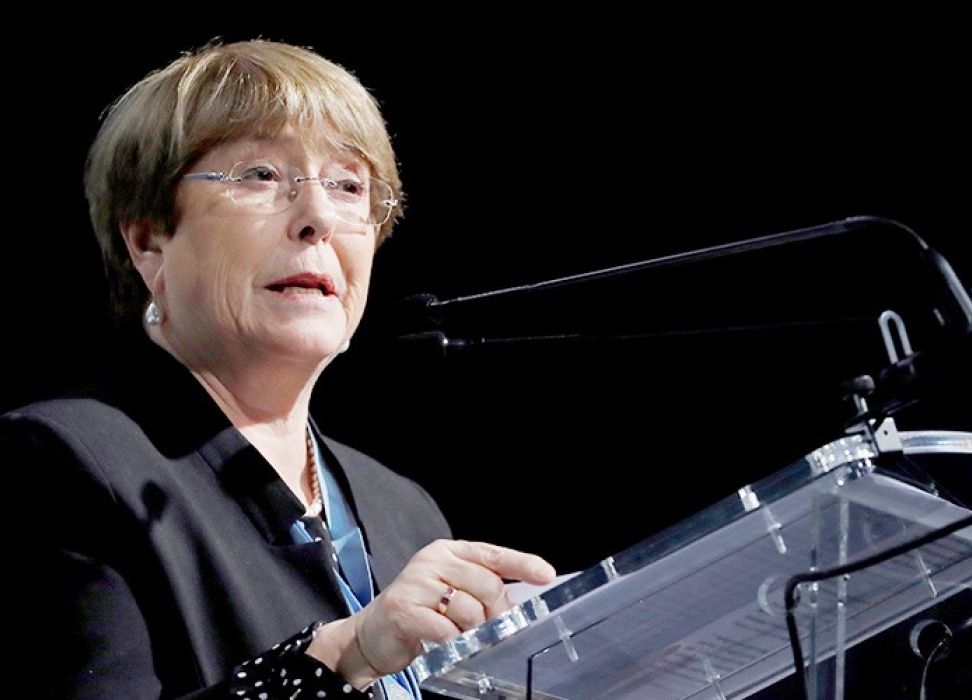
For business, COVID-19 should not just be viewed as an economic tragedy, but a socio-economic opportunity, said UN High Commissioner for Human Rights Michelle Bachelet.
“The pandemic has exposed and exacerbated the inequalities and vulnerabilities that are present in most current business models,” she said. “The pandemic has had dramatic impacts on people but at the same time, it also gives us the opportunity to address shortcomings in respect for human rights that have fundamentally weakened our global and national systems. It gives us an opportunity to build a better future for all, where human rights are at the centre of our business models and where prosperity is shared.”
Bachelet made a statement as part of a panel discussion featuring also the principals of the International Labor Organization, the United Nations Environment Program and the United Nations Office on Drugs and Crime during the Global Compact Leaders Summit. The Summit brought together heads of state, business leaders and United Nations chief executive officers to address the private sector’s response to unprecedented global crises – including the COVID-19 pandemic.
This year’s summit foundational session looked at how businesses can use the Ten Principles of the UN Global Compact to navigate recovery from the pandemic. Bachelet said that focusing on the human impact of COVID-19, rather than merely the economic one, is a key to successful recovery.
“The companies that get their response to the crisis right are those who focus first on the most vulnerable,” she said. “Business needs to look beyond the generic categories of “stakeholders” – employees, suppliers, customers, communities – to give due consideration to those who are most vulnerable, especially those in a company’s global supply chains.”
Bachelet urged business leaders to look to the Guiding Principles on business and human rights, as a way to remake their companies in the recovery from the pandemic.
“The enormous human impact of the pandemic shows that vulnerability is the lens that businesses must apply in their decisions moving forward,” she said. “Principles and values provide essential guidance on how to navigate such challenges in these uncertain times.”
“There are enormous benefits to both companies and investors that adopt a principles-based approach – in building long term value, the support of burgeoning ESG (environment, social and governance) investors, attracting talent, and avoiding the rising regulatory and legal risks as many governments move to insist on greater business transparency and due diligence” she added. “Business participants of the Global Compact need to decide whether to return to the ‘business as usual’ or to ‘build back better’.”
The UN Global Compact is a special initiative of the UN Secretary-General that calls on companies everywhere to align their operations and strategies with the ten universal principals in the areas of human rights, labour, environment and anti-corruption. This year’s Summit celebrated 20 years of the founding of the Global Compact. The virtual meeting had more than 26 hours of continuous programming, including more than 100 global, regional and local sessions. More than 20,000 participants took part from over 180 countries in their local time zones and languages.18 June 2020
